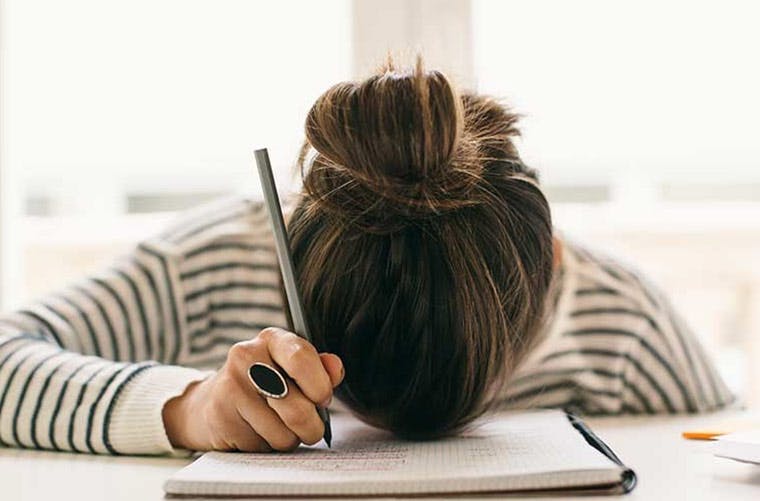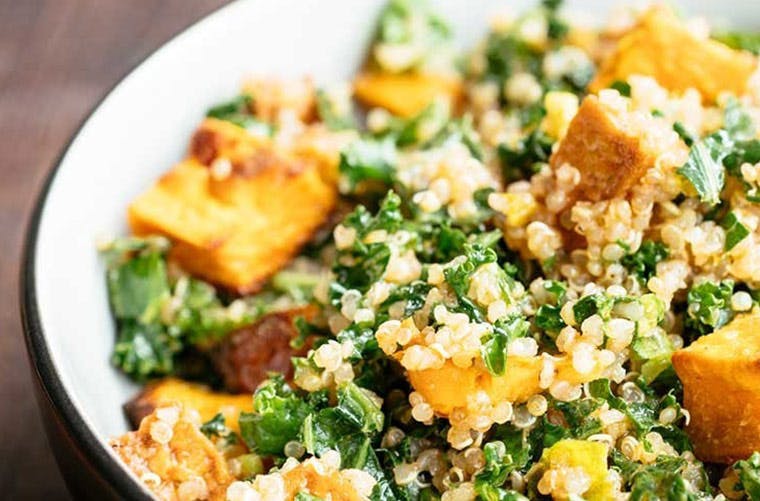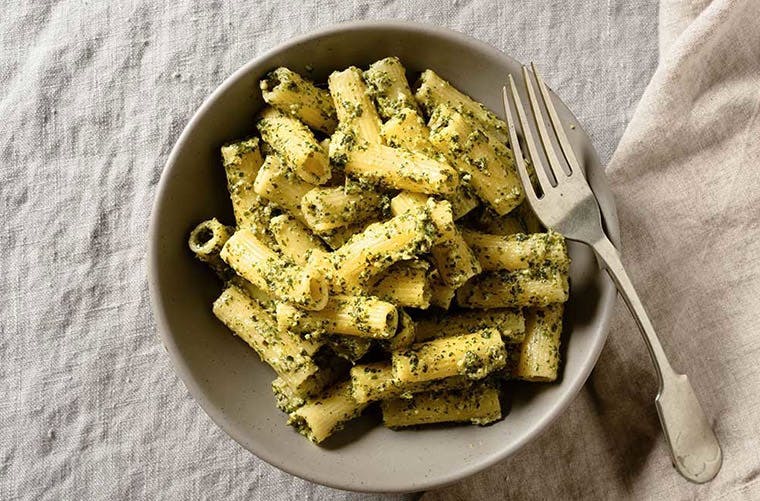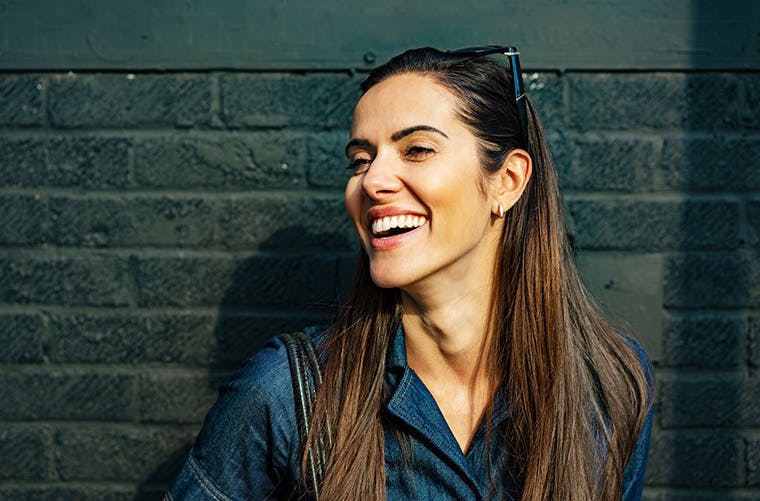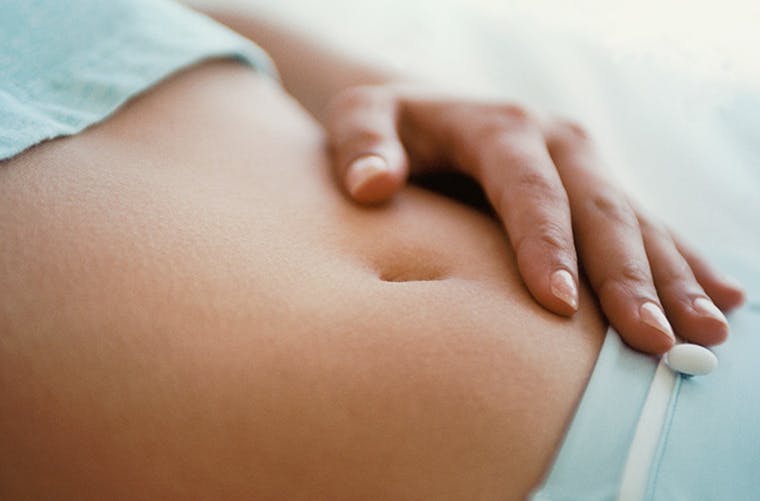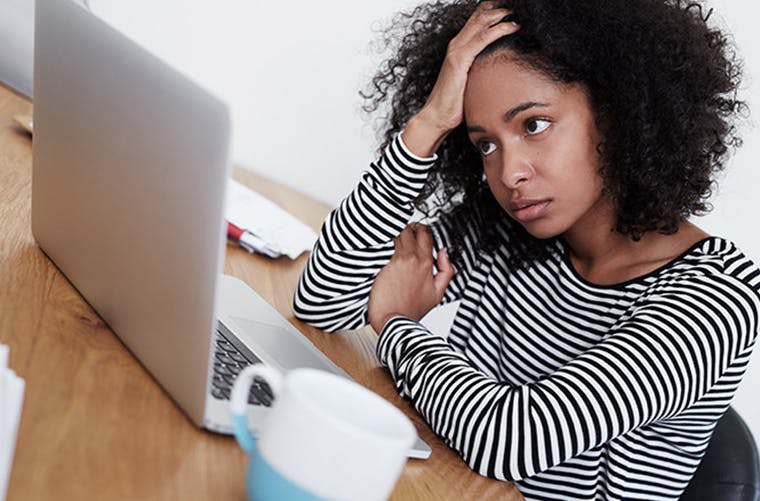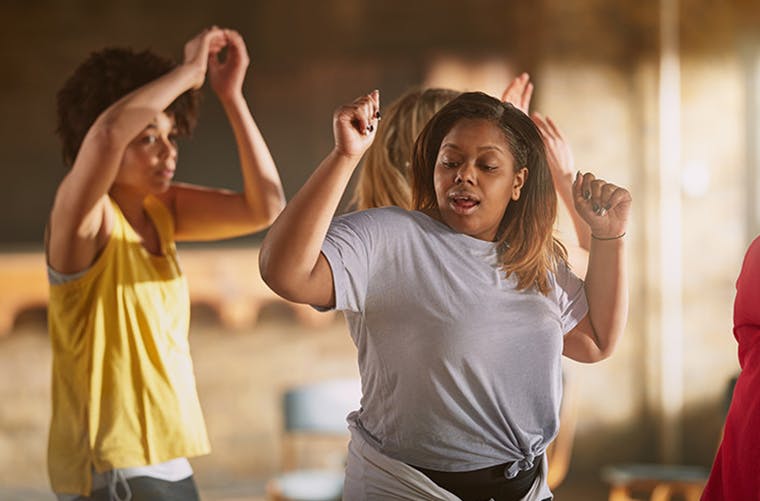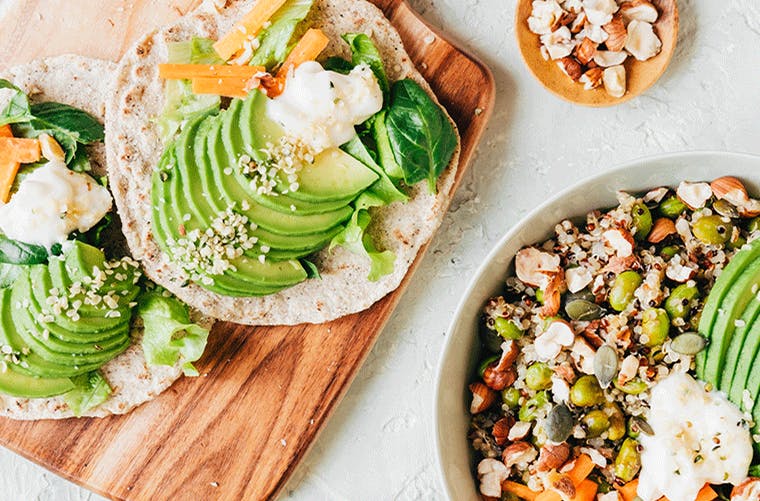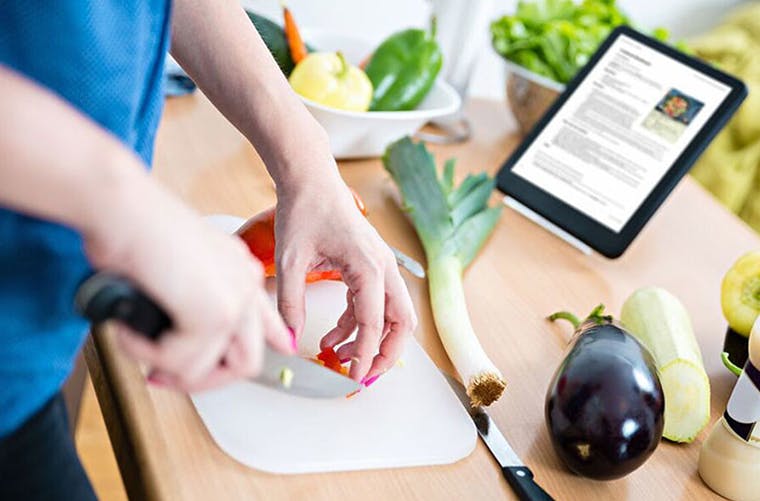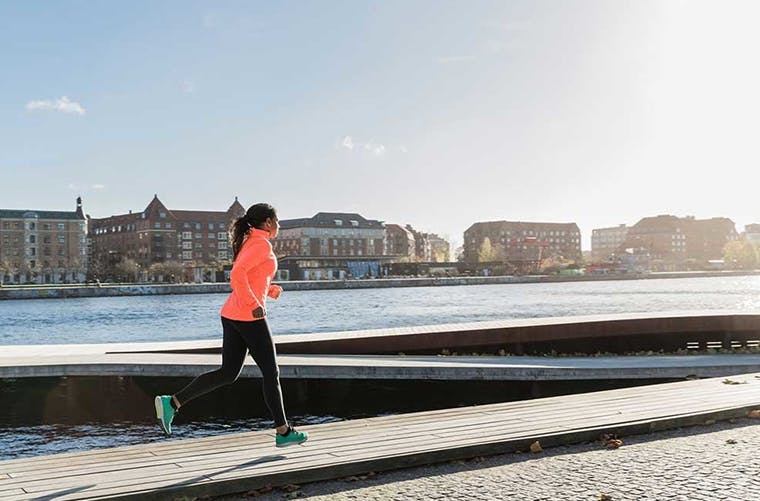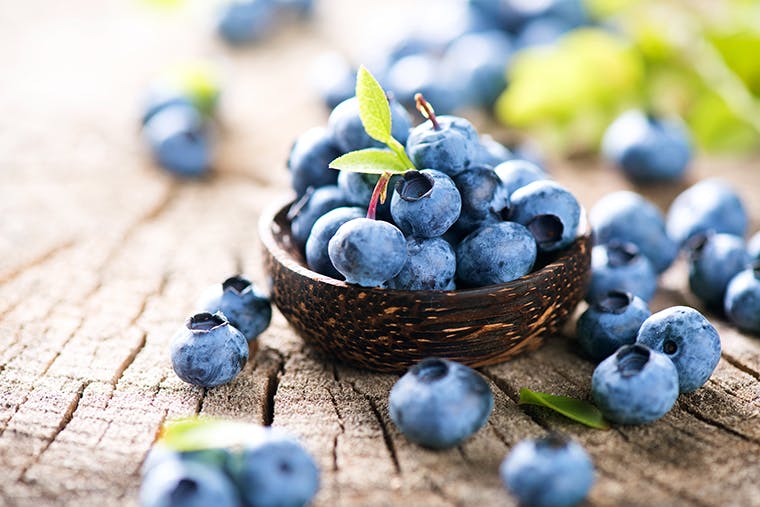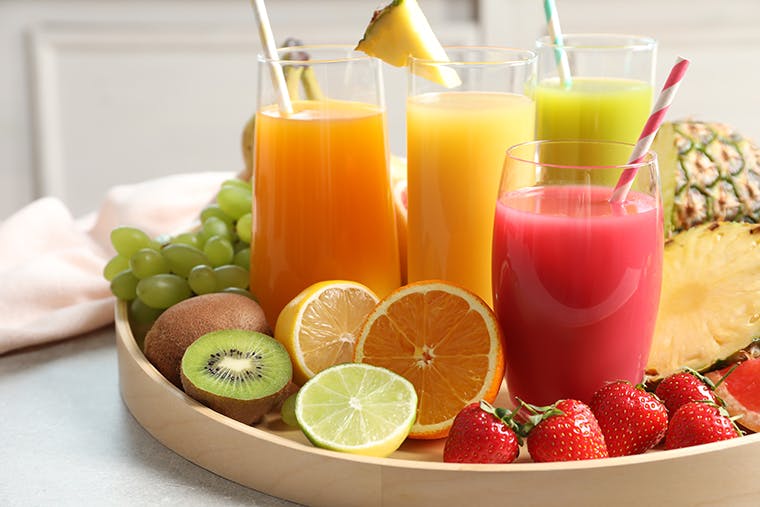Why is Zinc So Important?
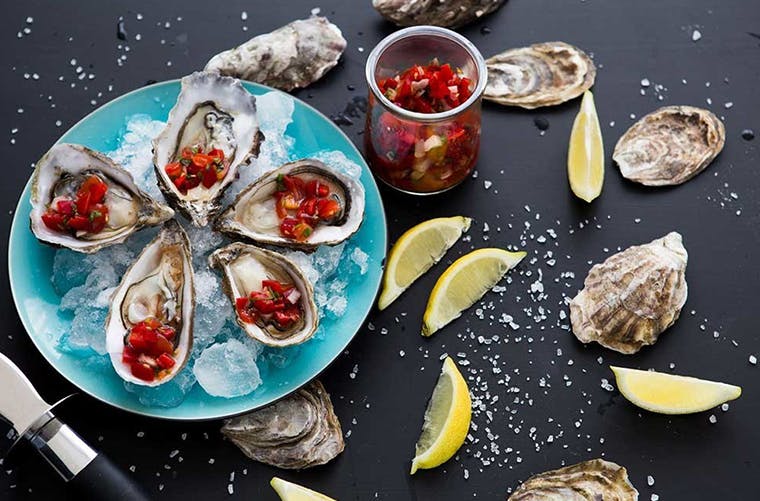
If you’re not well versed in nutrition and dietary supplements, you may only think of zinc as being used in sunscreen. But this trace mineral is necessary for cell growth, metabolic function, wound healing and plays a crucial role in your immune system. Learn why zinc is important, what it does for your body and how you can add it to your diet.
Why Do We Need Zinc?
Zinc is considered a trace mineral, which means that your body only needs small amounts of it.1 It’s found in cells throughout the body and plays an important role in several crucial bodily functions:1,2,3
- Cellular division and growth
- Wound healing
- Breakdown of carbohydrates
- Smelling and tasting
- DNA creation
While all those are important, a widely known function of zinc is the role it plays in your immune system. The thymus gland produces white blood cells, sometimes called T cells, which play a role in immune health.4 Zinc helps your thymus gland grow and start producing a greater number of T cells.4
How to Get Zinc into Your Diet?
Animal proteins, like beef, poultry and seafood are an excellent source of zinc.1,2 Nuts, whole grains, legumes and yeast are other good sources.2 Unfortunately, while fruits and vegetables contain zinc, it’s not as readily available for use by the human body, which is why those who eat low-protein and vegetarian diets may not get enough from food alone and may benefit from supplementation.2
Foods that are rich in zinc include:1,2
- Shellfish like oysters, crabs, and lobster
- Fortified breakfast cereals
- Whole grains
- Beef, pork and poultry products
- Nuts, seeds and legumes
Supplementing with Zinc
If you’re concerned about the amount of zinc in your diet, you can add more by supplementing! On its own, zinc is commonly available as a single supplement, but it’s also commonly added to multivitamin supplements.1,2
You can get everyday immune support* by taking Emergen-C products. These supplements contain ingredients like zinc, high-potency Vitamin C as well as B vitamins. Talk to your doctor or healthcare provider before taking any supplements to make sure you’re getting the nutrients you really need.
Emergen-C Immune + Triple Action products contain zinc to support your immune health.* Try Emergen-C Immune+ Triple Action fizzy supplement mixes in flavors like Super Orange and Elderberry to help ensure that you’re getting the zinc you need.
For on-the-go immune support*, try new Emergen-C Crystals. They don’t require any mixing or water, just pour them right into your mouth for a delicious burst of natural fruit flavor and a fun, fizzy popping sound. Each stick pack contains high potency Vitamin C as well as zinc and B vitamins.
If gummies are more your style, try Emergen-C Immune+ Triple Action Gummies, which contain zinc and high potency vitamin C to help support your immune system.*
* These statements have not been evaluated by the Food and Drug Administration. These products are not intended to diagnose, treat, cure or prevent any disease.
Source Citations:
- Zinc. Harvard School of Public Health. https://www.hsph.harvard.edu/nutritionsource/zinc/. Accessed 8/15/23.
- Zinc in diet. Medline Plus. https://medlineplus.gov/ency/article/002416.htm. Accessed 8/15/23.
- Zinc. Mayo Clinic. https://www.mayoclinic.org/drugs-supplements-zinc/art-20366112. Accessed 8/15/23.
- How zinc boosts the immune system. Fred Hutch Cancer Center. https://www.fredhutch.org/en/news/center-news/2022/03/dudakov-zinc-thymus-regeneration.html. Accessed 8/15/23.


